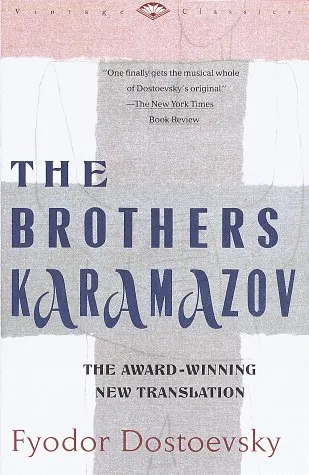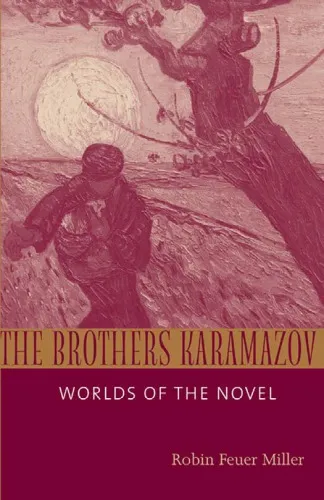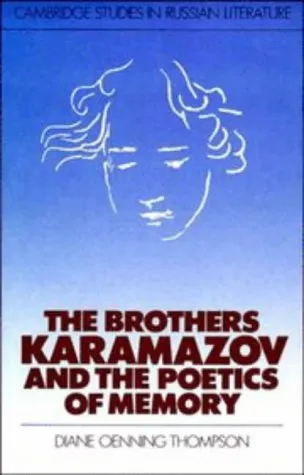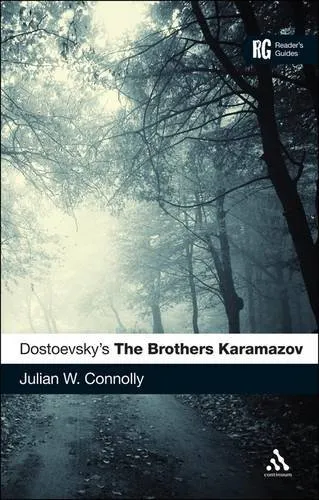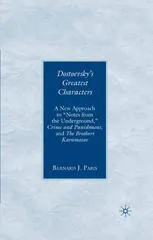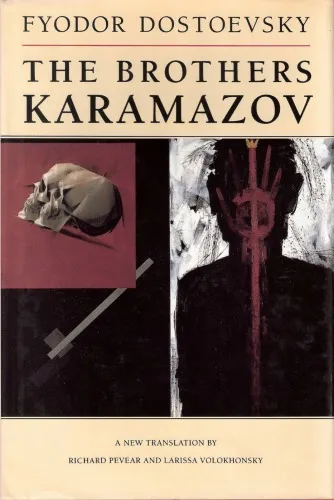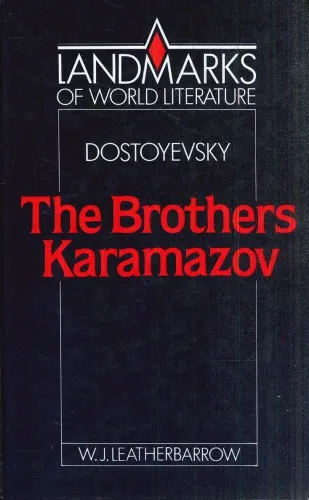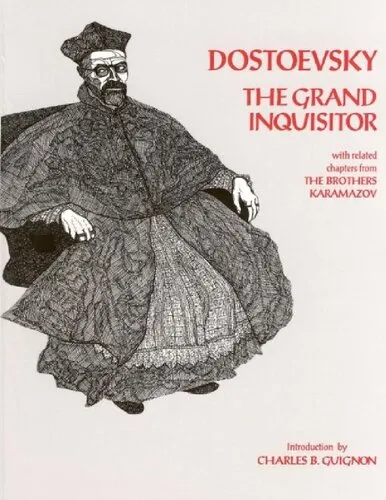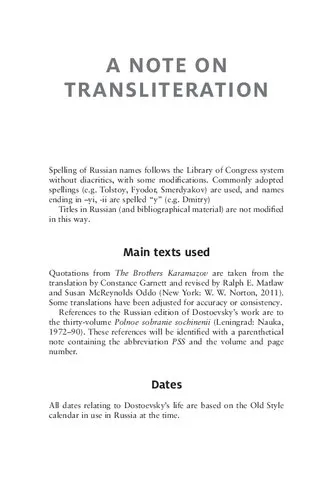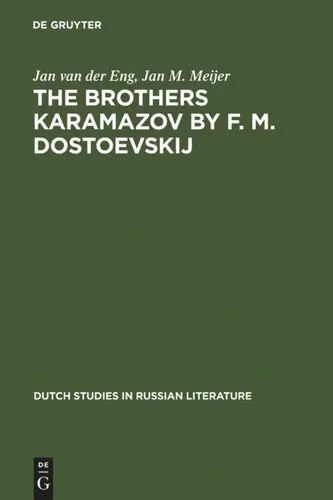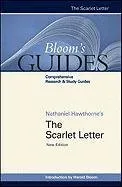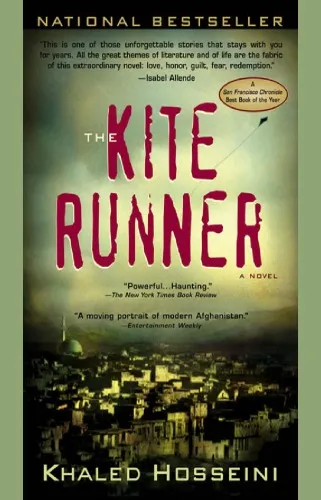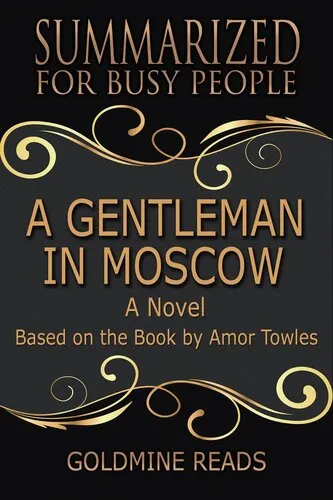Crime and Punishment
4.3
Reviews from our users

You Can Ask your questions from this book's AI after Login
Each download or ask from book AI costs 2 points. To earn more free points, please visit the Points Guide Page and complete some valuable actions.Related Refrences:
Persian Summary
Detailed Summary of the Book
Fyodor Dostoevsky's "Crime and Punishment" is a monumental piece of literature that delves into the moral dilemmas faced by the individual. Set in the tumultuous city of St. Petersburg, this novel follows the complex psychological journey of Rodion Raskolnikov, a destitute former student. Raskolnikov concocts a theory that suggests that extraordinary men have the right to transgress the law in order to execute their noble ideas and benefit humanity. To test his theory, he commits the brutal murder of a pawnbroker, only to be consumed by guilt and paranoia.
Raskolnikov's intense internal conflict manifests as he oscillates between rationalizing his crime and confronting the moral repercussions of his actions. As the story unfolds, he encounters various characters who influence his path, including Sonia Marmeladov, a devoted and self-sacrificing woman who becomes a beacon of hope and redemption for him. Through his interactions with Sonia, Raskolnikov begins to experience a spiritual awakening, confronting the darkness that engulfs his soul.
The novel intricately weaves themes of poverty, moral philosophy, guilt, and redemption, capturing the broader socio-economic issues of 19th-century Russia while exploring the depths of human nature. Dostoevsky’s portrayal of Raskolnikov’s mental anguish and spiritual turmoil underscores his belief in the complexity of human psychology, turning "Crime and Punishment" into a timeless exploration of existential quandaries.
Key Takeaways
- Moral Complexity: The novel presents a profound exploration of moral dilemmas and the intricate psychology of crime and conscience.
- Redemption and Guilt: It conveys the message that true redemption is possible through genuine remorse and moral reconciliation.
- Social Critique: Dostoevsky highlights social inequalities and the struggles of the impoverished, painting a vivid picture of 19th-century Russian society.
- Psychological Depth: The book delves into the psyche of its protagonist, offering an in-depth study of guilt and mental anguish.
Famous Quotes from the Book
"To go wrong in one's own way is better than to go right in someone else's."
"Pain and suffering are always inevitable for a large intelligence and a deep heart."
"When reason fails, the devil helps!"
Why This Book Matters
"Crime and Punishment" remains a seminal work in world literature due to its profound philosophical themes and psychological insight. Dostoevsky delves into the human psyche and probes the moral quandaries that continue to resonate with contemporary readers. The novel's exploration of poverty, the struggle for survival, and its captivating portrayal of inner conflict make it a timeless examination of the human condition.
Dostoevsky's invention of the psychological novel anticipates existentialism, presenting ideas that influence philosophical thought to this day. His masterful character development and narrative depth offer readers an immersive experience that challenges them to wrestle with complex ethical issues and reflect on the nature of justice, morality, and redemption.
Ultimately, "Crime and Punishment" not only provides a penetrating look at the consequences of crime and the pursuit of redemption but also speaks powerfully to the capacity for empathy and the transformative power of love and compassion in redeeming even the most tormented souls.
Free Direct Download
You Can Download this book after Login
Accessing books through legal platforms and public libraries not only supports the rights of authors and publishers but also contributes to the sustainability of reading culture. Before downloading, please take a moment to consider these options.
Find this book on other platforms:
WorldCat helps you find books in libraries worldwide.
See ratings, reviews, and discussions on Goodreads.
Find and buy rare or used books on AbeBooks.
1534
بازدید4.3
امتیاز0
نظر98%
رضایتReviews:
4.3
Based on 0 users review
Questions & Answers
Ask questions about this book or help others by answering
No questions yet. Be the first to ask!

